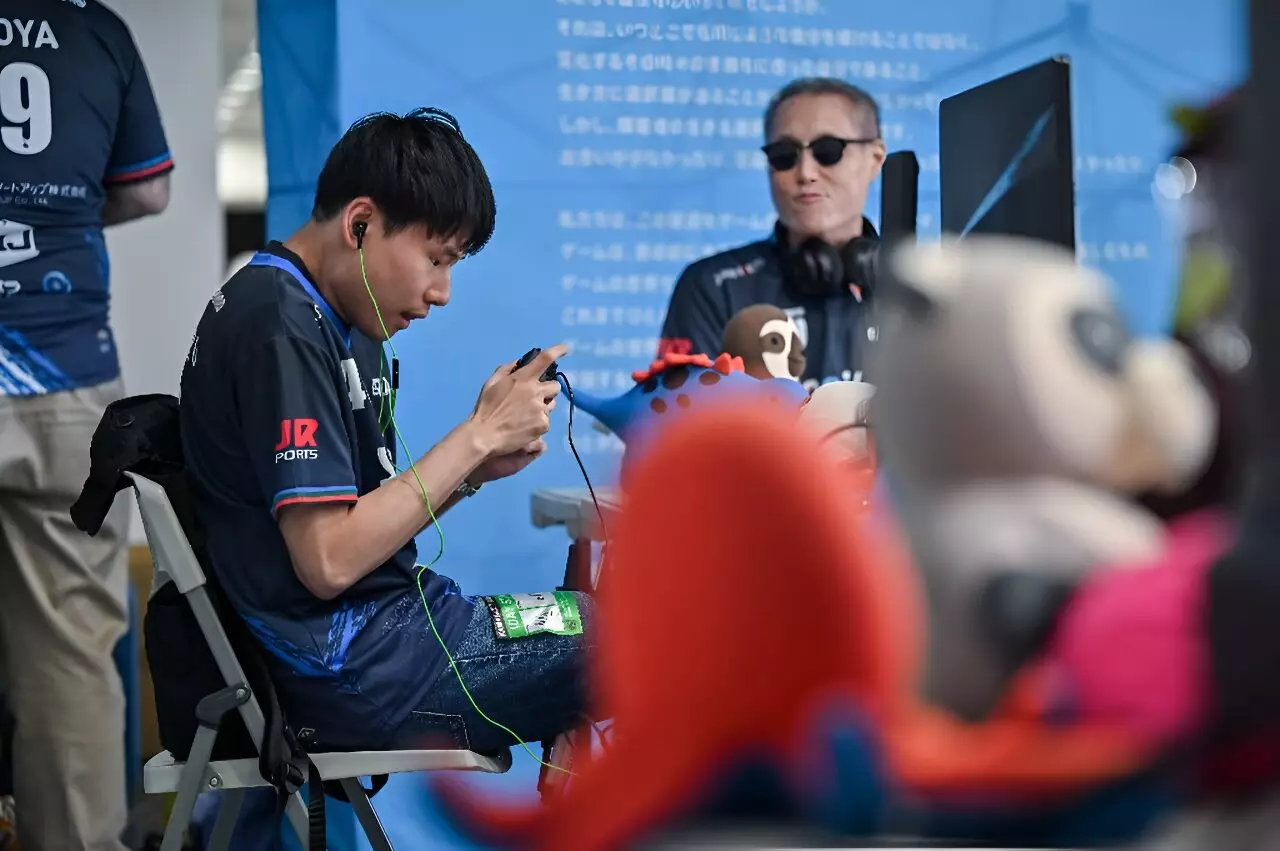In a groundbreaking display of the intersection between technology and accessibility, Japanese eSports gamer Mashiro is challenging the status quo. Mashiro, who is blind, has been relying on a companion to navigate the bustling streets of Tokyo. However, with the advent of artificial intelligence, Mashiro sees the potential for a newfound sense of independence. By testing the latest version of AI chatbot ChatGPT, Mashiro hopes to pave the way for a future where he can travel alone, without the need for constant assistance.
OpenAI’s release of GPT-4o has opened up a world of possibilities for individuals with disabilities. This AI tool, along with others like Google’s Gemini, has the ability to understand voice, text, and image commands in multiple languages. This advancement in technology signifies a shift towards a more inclusive society, where education, employment, and everyday services are easily accessible to everyone.
Personalizing Assistive Technology
One of the key advantages of AI is its ability to cater to specific needs, rather than providing a one-size-fits-all solution. Youngjun Cho, an associate professor in computer science at University College London, highlights the enormous potential of AI in empowering individuals with disabilities and promoting independence. With tools like AI speech-to-text transcription and chatbots, individuals can tailor their technology to suit their unique needs.
However, the journey towards fully inclusive AI technology is not without its challenges. Masahide Ishiki, an expert in disability and digital accessibility, points out the potential pitfalls of relying on AI for real-time visual recognition. He warns that catching mistakes from chatbots like ChatGPT, which respond naturally, can be tricky. Additionally, Marc Goblot of the Tech for Disability group raises concerns about the limited representation of diverse perspectives in AI datasets, which may hinder the accuracy and inclusivity of AI tools.
For Mashiro, the experience of using AI as a tool for navigation was both exhilarating and challenging. While he appreciated the assistance provided by ChatGPT, he also encountered limitations such as the bot’s limited recognition of Japanese words and locations. Despite these hurdles, Mashiro remains optimistic about the future of AI in empowering individuals with disabilities. His upcoming travel plans to Yakushima rainforest island in southern Japan exemplify his unwavering spirit of adventure and determination to explore new horizons with the help of AI technology.
The integration of AI into assistive technology has the potential to revolutionize the lives of people with disabilities. By personalizing solutions and addressing challenges, AI has the power to break down barriers and foster a more inclusive society. As we continue to push the boundaries of what is possible with AI technology, the future looks bright for individuals like Mashiro who are paving the way towards a more accessible and empowering future.


Leave a Reply